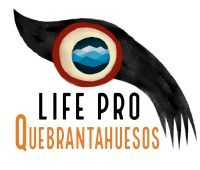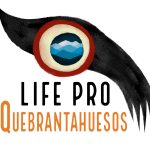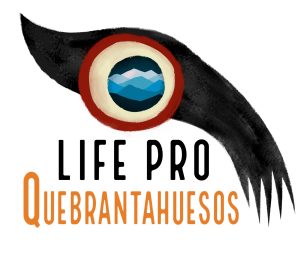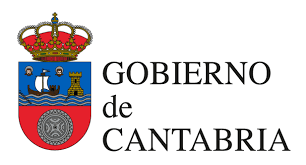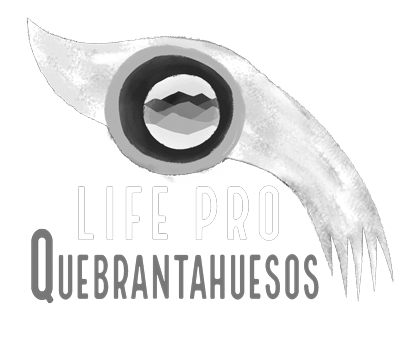The goat breeders of Candeleda (Ávila) support the recovery of the bearded vulture
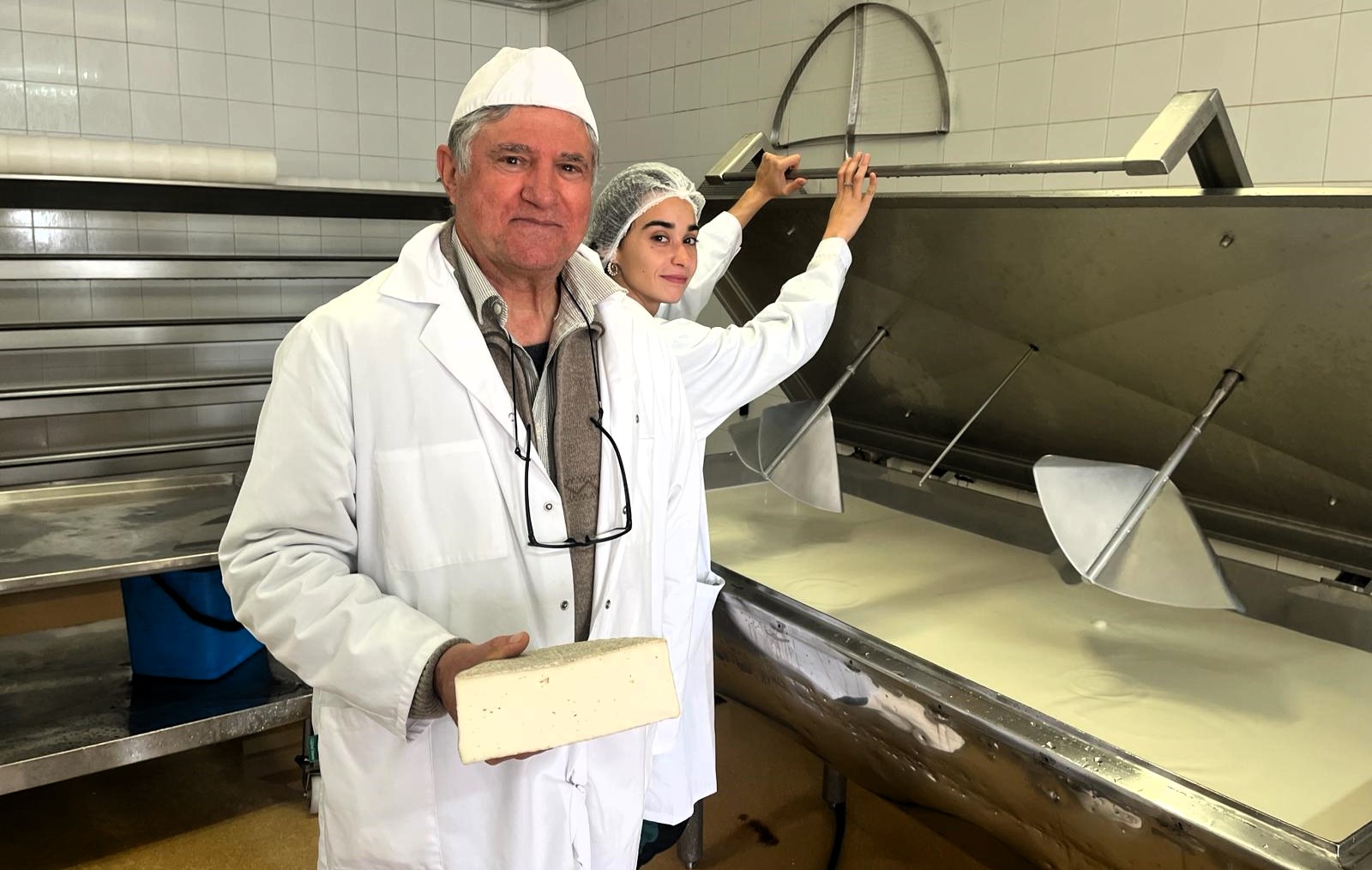
The bearded vulture disappeared from Gredos in the 40’s of the last century.
As part of the LIFE Pro Bearded Vulture project managed by the Foundation for the Conservation of the Bearded Vulture (FCQ), we have traveled to the mountain town of Candeleda (Ávila) for a first tasting of the raw goat’s milk cheeses that are being produced as part of the European project.
The objective of this initiative is to support and reward goat farmers who work extensively in the Sierra de Gredos Regional Park (Ávila), a Natura 2000 network area, for their multiple contributions to nature conservation. With their activity they reduce the vegetation fuel load in the forest, which reduces the risk of wild fires, they maintain the pastures and the associated biodiversity, and the carcasses of their goats are of great importance for scavenger birds, especially bearded vultures.
These first ‘prodiversity’ mountain cheeses have one more month of maturation and are expected to be excellent products, as assured by the famous cheese affineur José Luis Martín. The cheeses are being made thanks to the cooperation between the farmers who graze extensively in the Regional Park and who are part of the cooperative Ganaderos de Caprino de Candeleda, the Spanish Network of Country and Artisan Cheesemakers (QueRed), the Diputación de Ávila and the Fundación para la Conservación del Quebrantahuesos.
An ideal place for the bearded vulture
The Bearded Vulture disappeared from Gredos in the 1940s. Viability analyses indicate that 67% of the habitat is suitable for the species. Although there is an abundance of natural food resources (15,000 mountain goats, several thousand deer and roe deer), the foundation considers the maintenance of extensive goat farming an important complement to reinforce the success of the bearded vulture reintroduction project, initiated in 2022, and to favor the population of scavenger birds of prey (griffon vulture and black vulture). This action will also help to strengthen the link between the local population and the reintroduction project.
